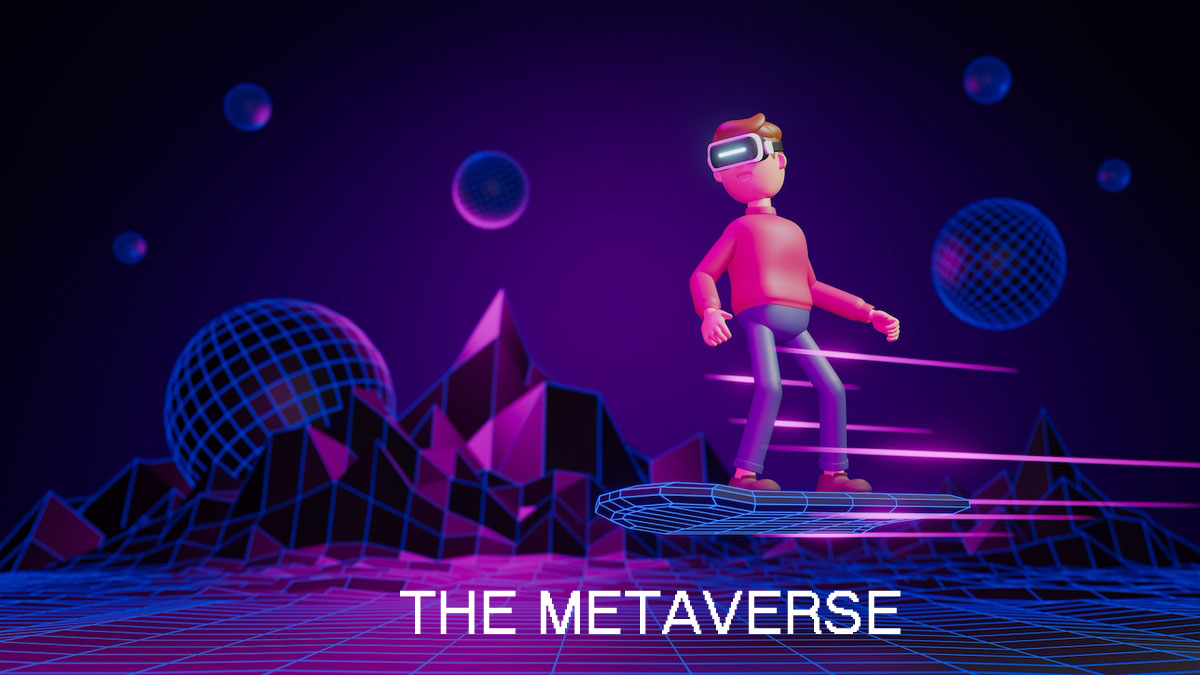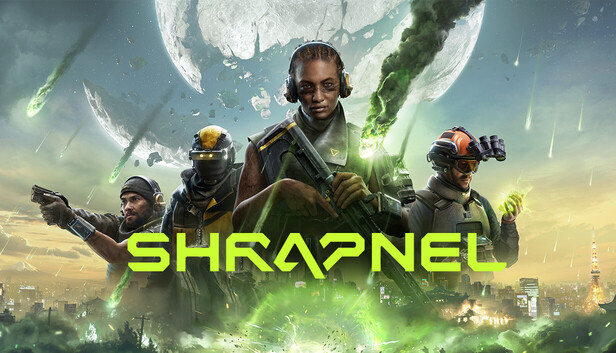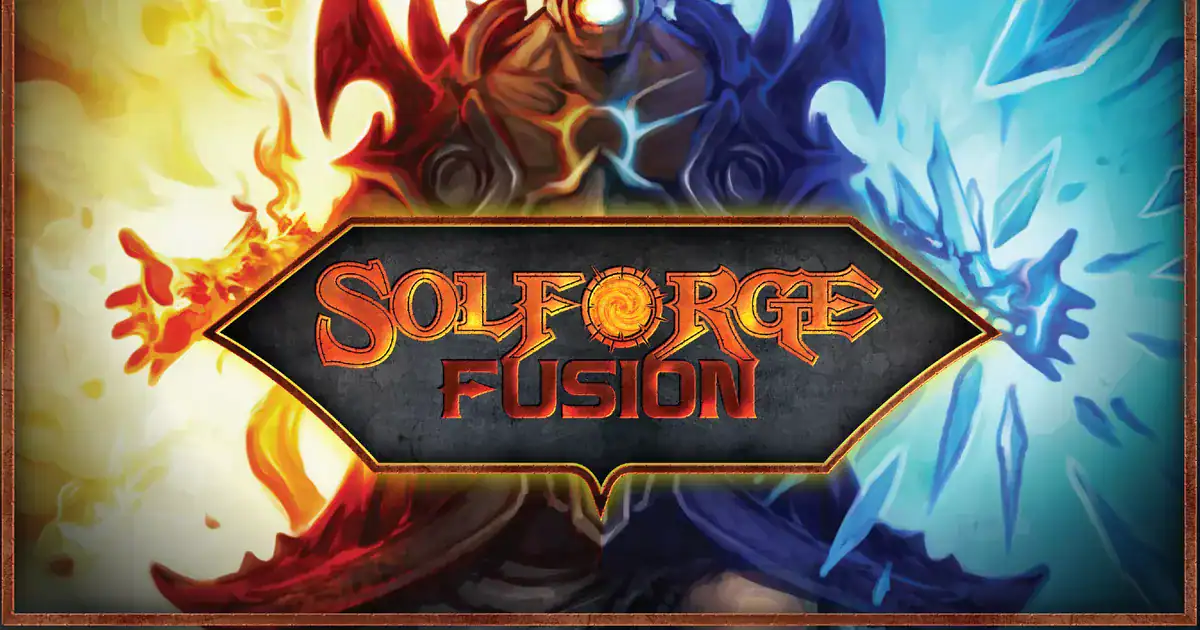The metaverse is a trendy word in both the world of technology and gaming. The concept itself refers to a virtual world of digital products, functional economies, and virtual avatars. It is a world where technology goes beyond utility.
Some various virtual environments and platforms make up the metaverse. Many aspects of the metaverse have been integrated into gaming and top among the proponent of this world are Axie Infinity, Decentraland, and The Sandbox.
The intriguing thing is that with all the buzz and adoptions of the metaverse, the concept is still developing. Currently, the term is mainly used in GameFi and social media platforms but it is expected to grow beyond this point. In growing the metaverse and expanding its scope, there are specific technologies that come into play.
In this article, we will look at five top technologies that currently power the metaverse and will continue powering it.
Blockchain and Cryptocurrency
There is no metaverse without blockchain and cryptocurrency. Apart from proving collection and ownership, governing access, interoperability, and enabling value transfer, blockchain provides transparent and decentralized solutions.
Crypto increases the ability of users to exchange value while socializing and working in 3-dimensional digital worlds. Crypto, for instance, can be used to buy virtual lands and in-game assets. Decentraland uses MANA as its cryptocurrency to enable players to buy parcels of land through NFTs.
With blockchain technology, it is possible to own and secure the ownership of pieces of virtual lands. More enterprises are moving their workspace online and big brands building worlds in the metaverse. Jobs will be created in the metaverse and blockchain will continue to power their activities.
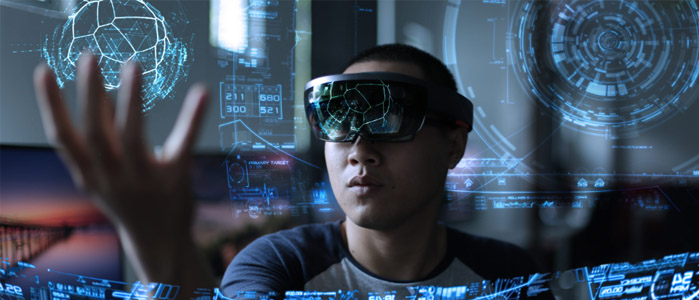
AR and VR
Augmented Reality (AR) and Virtual Reality (VR) offer immersive 3-dimensional experiences. They provide entrance into the virtual world. Augmented Reality integrates the real world with digital visuals while Virtual Reality creates absolute virtual environments with computer code.
Both VR and AR represent early instances of the metaverse. As virtual reality technology grows, it will become possible to integrate physical simulations into the world of metaverse experiences.
3D Reconstruction
3-dimensional reconstruction has been around for a while now. It became more popular during the lockdowns as real estate agents started offering potential buyers 3D reconstruction for virtual tours of properties.
This concept is taking hold in the metaverse. A major challenge that stakeholders may face is in creating a digital world that is similar to reality. However, with the use of special 3D cameras, enterprises are rendering accurate 3D models of objects, locations, and buildings in the metaverse.

Web 3.0
This is the next generation of internet technology. Web 1.0 saw few content creators and more consumers. Web 2.0 was better as it impedes web development functioning as a software applications platform rather than just PC. This led to huge user involvement in content creation on sharing websites, blogs, and networks.
Unfortunately, web 2.0 empowers tech giants and promotes exploitative advertising. Web 3.0 takes care of all these.
One of its primary benefits is its decentralized blockchain protocol. This enables individuals to connect to the internet where they take ownership of the data and time they use and get compensated in the process. This will improve user experience and enhance connectivity.
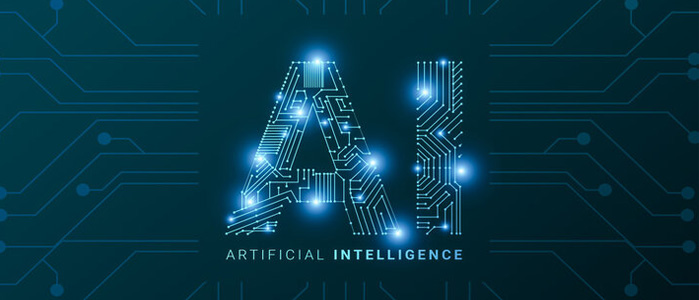
Artificial Intelligence
Artificial Intelligence has grown in application in recent years. It is used for planning business strategies, speeding up computing, recognizing faces, and making decisions, among others. Experts are now using AI to build immersive metaverses.
AI technology can process huge amounts of data at the speed of lightning. When this is combined with ML techniques, Artificial Intelligence algorithms can collect insights from historic data, generate unique insights and outputs, and learn from earlier iterations.
With the help of Artificial Intelligence engines, it will become easier to create avatars that look more accurate and realistic, and also enhance the digital humans created.
Conclusion
While it is easy to fret that the metaverse will take over our natural world with negative impacts, the truth is that these technologies will only expand and enhance human experiences. It will enable people to share experiences where they ordinarily would not have been able to. Without a doubt, technology will continue to shape the development of the Metaverse and create a new future for the world.

